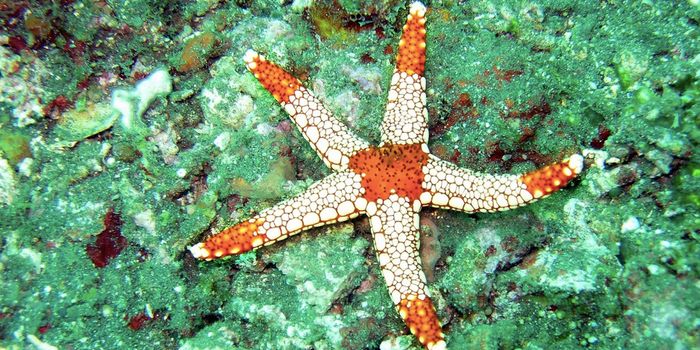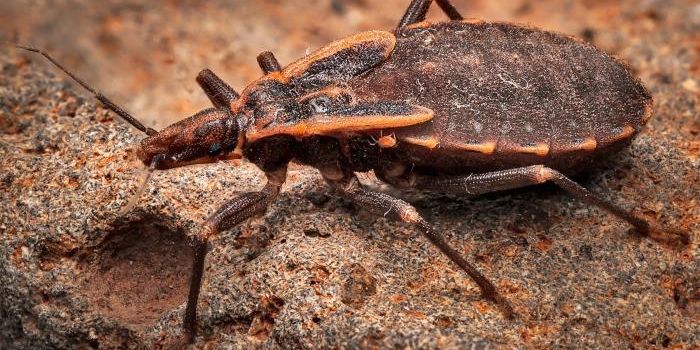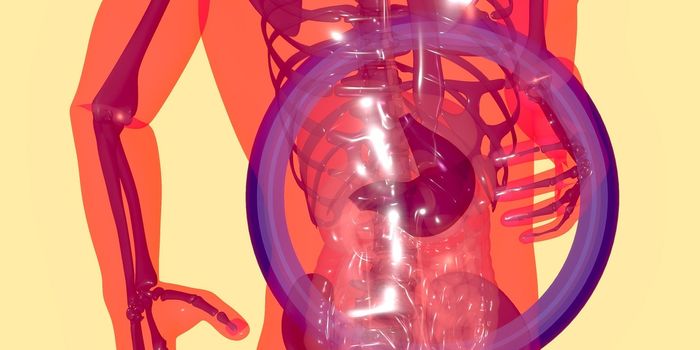The Antimicrobial Power of Mucus is Revealed
Mucus lines our respiratory system, and the urinary and digestive tracts. We produce several liters of mucus every day to cover more than 200 square meters in the human body. While it’s known to be a lubricant and to act as a physical barrier against invading pathogens, scientists have found evidence suggesting that it can prevent infections in other ways. Now researchers at the Massachusetts Institute of Technology (MIT) have found that a group of sugar molecules found in mucus, called glycans, can stop bacteria from signaling to each other and halt the formation of dangerous, tough biofilms. The findings have been reported in Nature Microbiology.
"What we have in mucus is a therapeutic gold mine," said Katharina Ribbeck, the Mark Hyman, Jr. Career Development Professor of Biological Engineering at MIT. "These glycans have biological functions that are very broad and sophisticated. They have the ability to regulate how microbes behave and really tune their identity."
Ribbeck and others have shown that mucus can stop microbes from binding to surfaces. In this work, the researchers wanted to know more about whether glycans are part of the reason why mucus disrupts microbial behavior. Glycans can attach to mucins, the gelatinous building blocks of mucus, to generate a structure shaped like a bottlebrush. That led Ribbeck to hypothesize that the glycans were having an antimicrobial effect.
The scientists focused on how glycans were interacting with an opportunistic microbial pathogen called Pseudomonas aeruginosa. The bacterium commonly causes serious infections in people with weak immune systems and cystic fibrosis patients. The investigators found that when bacteria were exposed to glycans isolated from mucus, they were disarmed; the microbes stopped attaching to or killing host cells, halted production of toxic molecules, and microbial genes that are involved in bacterial communications weren’t expressing. If burn wounds are treated with mucins and mucin glycans, the growth of bacteria is reduced.
"We've seen that intact mucins have regulatory effects and can cause behavioral switches in a whole range of pathogens, but now we can pinpoint the molecular mechanism and the entities that are responsible for this, which are the glycans," Ribbeck explained.
The researchers now plan to study the impact of individual glycans out of hundreds that can be found in mucus. They also want to know more about how glycans affect other kinds of pathogens, including the Candida albicans fungus and Streptococcus bacteria. They already know that glycans can stop Streptococcus from sharing genes, a primary way that drug resistance spreads among microbes.
Scientists, including Ribbeck, are also looking into the development of artificial mucus, which might be a new approach to fighting pathogens that does not involve traditional antibiotic drugs.
"What we find here is that nature has evolved the ability to disarm difficult microbes, instead of killing them. This would not only help limit selective pressure for developing resistance, because they are not under pressure to find ways to survive, but it should also help create and maintain a diverse microbiome," noted Ribbeck. Glycans may help regulate that microbial population.
"This is a theme that is likely at play in many systems where the goal is to shape and manipulate communities inside the body, not just in humans but throughout the animal kingdom," Ribbeck concluded.
Sources: AAAS/Eurekalert! via MIT, Nature Microbiology









